- Home
- slideshows
- miscellaneous
- All the theories Russia is pushing to claim they weren't behind the nerve agent attack on a former spy in the UK
All the theories Russia is pushing to claim they weren't behind the nerve agent attack on a former spy in the UK
1. Ukraine did it using leftover Soviet chemical weapons.

2. Britain did it because Brexit is going badly.
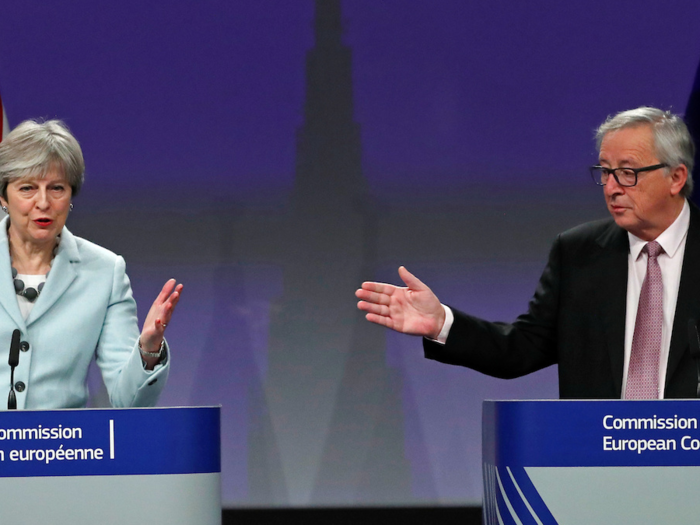
Sergei Markov, a pro-Kremlin former politician and director of Moscow's Institute of Political Studies, accused British intelligence of orchestrating the attack to distract the public from domestic politics and Brexit negotiations.
He told Al Jazeera: "Theresa May has a lot of problems because of the failure in the parliamentary elections, Brexit, and the complicated situation with the border between Ireland and the Northern Ireland.
"So the British intelligence service probably organised the killing of Mr Skripal, sacrificing the guy who they don't need any more."
3. Britain did it because they were worried Skripal would turn on them.
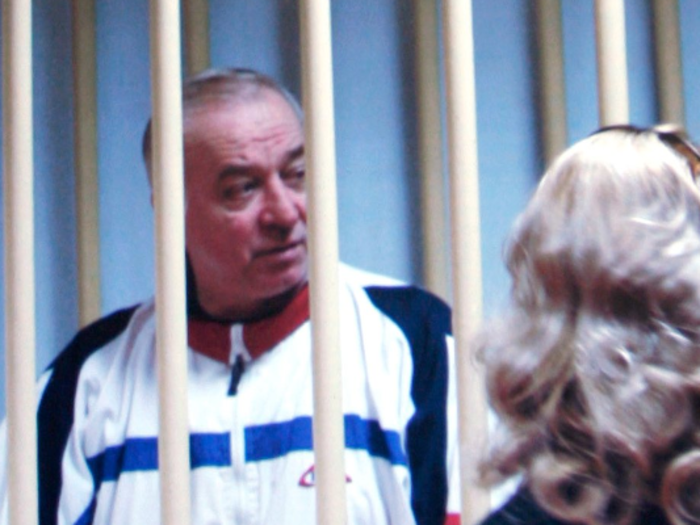
This was the view put forward by ultranationalist Russian politician Vladimir Zhirinovsky, who is also running in the upcoming presidential election on March 18.
According to The Guardian, Zhirinovsky suggested that UK intelligence agencies could have poisoned Skripal because "he was of no more use to them" and feared that the ex-Russian spy would sell on their state secrets.
4. Britain did it to make Russia look bad.
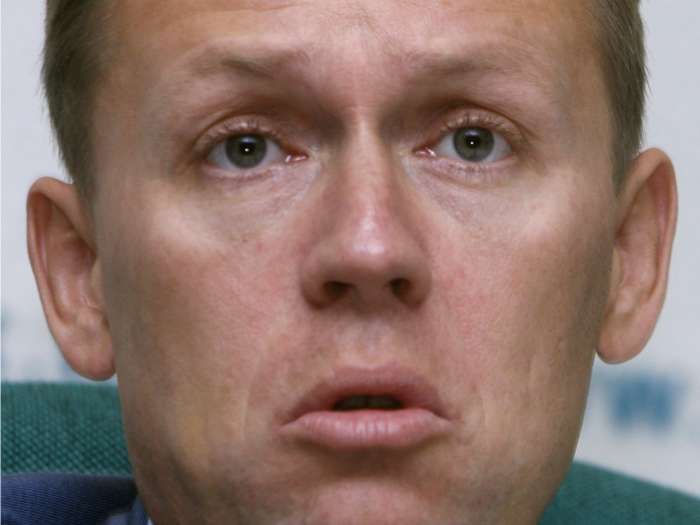
Andrei Lugovoi, a Russian politician and former spy, said earlier this month that this could have been "another provocation by British intelligence agencies" to slander Russia.
The Guardian cited Lugovoi as saying two days after the Skripals were found collapsed: "I don't rule out that this is another provocation by British intelligence agencies.
"Whatever happens on [British] territory, they start yelling: 'He was killed, he was hung, he was poisoned!' and that Russia is to blame for everything.
"This is to their advantage."
Lugovoi was also held responsible by British authorities in the assassination of ex-KGB spy Alexander Litvinenko in 2006. The UK later tried to extradite him, but Russia refused.
5. Britain must have been involved, because only they knew where Skripal was.
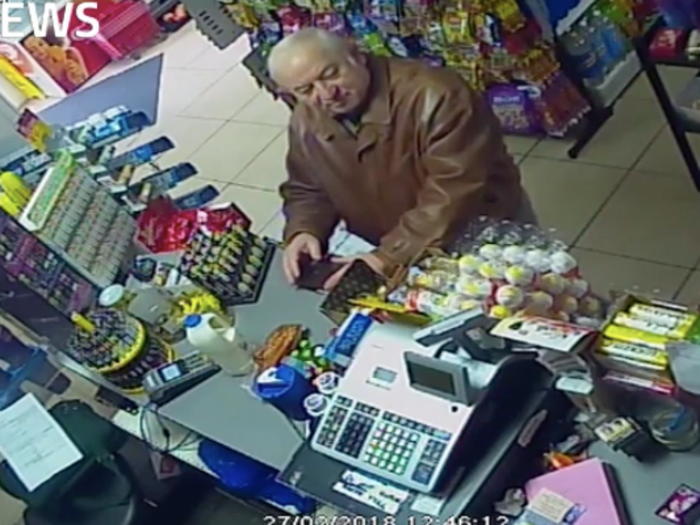
Nikolay Kovalev, a former director of the Russian secret service (FSB), said Britain and its allies could have behind the attack because the UK would have known Skripal's whereabouts, and therefore been able to attack him in Salisbury.
RT cited him as saying: "It looks like British secret services are complicit in it.
"[Defectors] are fully under surveillance... The secret services are monitoring them, they know their whereabouts and schedules.
"And then you have such strange events happen in a row."
London's Metropolitan Police, whose counterterror police is leading the investigation, recently appealed for information on the Skripals' whereabouts 45 minutes before he arrived at the shopping centre at which he later collapsed.
6. The West timed the attack to coincide with Russia's elections.
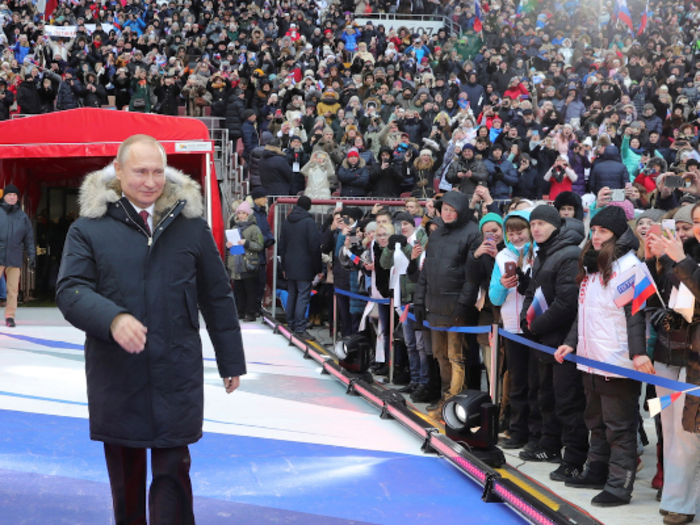
Sputnik ran an op-ed alleging this four days after the Skripals were found poisoned.
The columnist, Finian Cunningham, wrote:
"It seems highly significant that Russia's presidential elections are due to take place later this month [March 18]. What better way to smear the expected electoral victory of incumbent president Vladimir Putin than to accuse the Kremlin of carrying out an assassination plot on British soil against a former Russian spy?
"Given their inveterate anti-Russian agenda, the British authorities have much more vested interest in seeing Skripal poisoned than the Kremlin ever would."
MailOnline also cited Argumenty i Fakty, a Russian tabloid owned by the Government of Moscow, as saying: "Whatever happened in reality, we need to admit that Skripal is a very convenient figure for promotion of another round of anti-Russian hysteria."
7. Non-state actors who wanted to "cause an international scandal" did it.
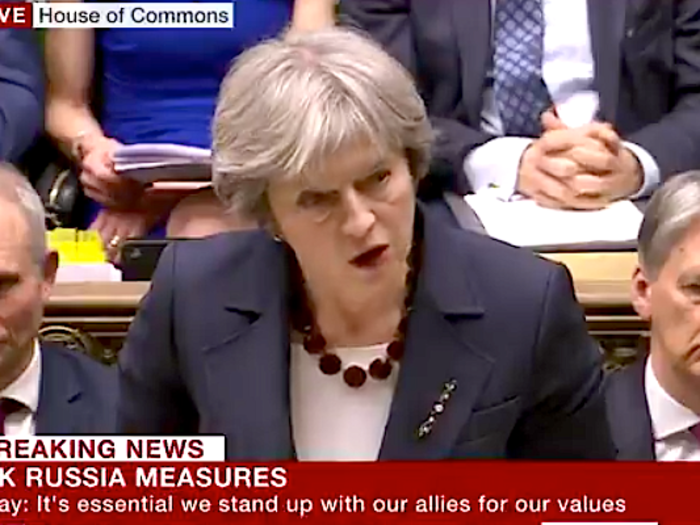
Lieutenant General William Rooda, a retired Soviet intelligence agent, told Sputnik Skripal was "obviously" carried out by non-state actors who wanted to stir up an international scandal.
Paraphrasing Rooda, Sputnik reported that the former Soviet spy said the perpetrators' "aim was not to murder him but to cause an international scandal."
Rooda also claimed that Skripal, who was pardoned and sent to the UK in 2010, didn't pose a threat to Moscow and therefore couldn't have been poisoned by the Russian state.
Besides, Rooda claimed, Russian military intelligence never used poison or other toxic substances to kill its enemies.
8. The US did it because it previously accessed an Uzbek research site that made Novichok.
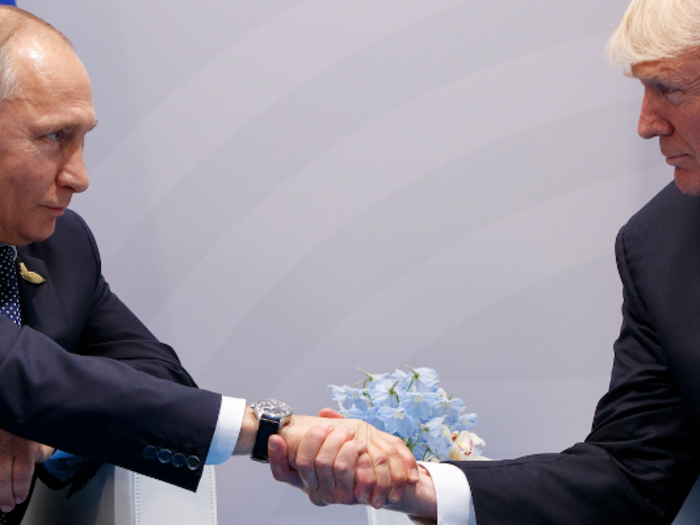
Both RT and Sputnik suggested that the US might have been behind the poisoning because it had could have had access to the chemical plants that produced Novichok.
While neither outlet accused the US outright, both wrote articles heavily implying that the US could possess the knowledge and materials for Novichok.
Both cited a 1999 article from The New York Times, which reported that the US had been given access to a research site that made the nerve agent.
"Is Russia the only place it could come from?" RT asked, while Sputnik re-reported The New York Times' story.
Markov, the Institute of Political Studies director, was less subtle.
"Novichok had been produced in Uzbekistan in the Soviet times and after the fall of the Soviet Union, as we know, the American intelligence services had access to this factory.
"The American and British intelligence services have a very strong cooperation with each other, and I am sure 100% that the British got this Novichok nerve agent from them for this provocation."
9. The UK and US made their own version of Novichok, which could have been used in the poisoning.
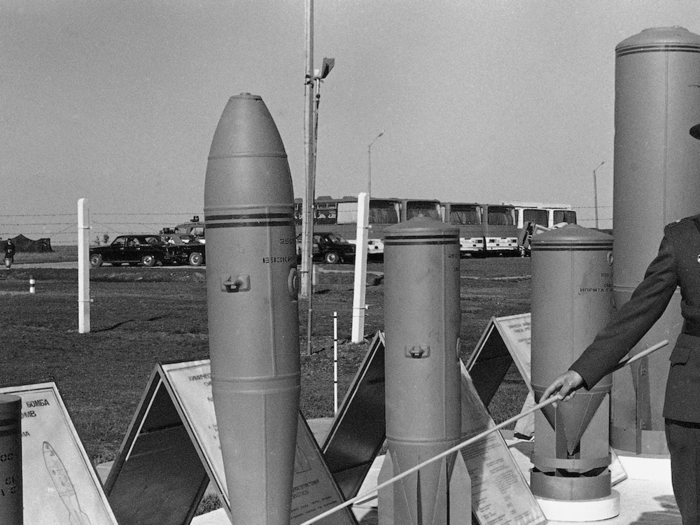
This theory was put forward by Alexander Shulgin, the Russian envoy to the Organization for the Prohibition of Chemical Weapons.
State-backed Sputnik news agency cited him as saying: "It is entirely possible that this substance could have been used from their arsenals, from their stocks.
"My guess is this, Britain cannot provide us with the real evidence and confirmation of those claims that are put forward to us."
10. In fact, anyone could have created Novichok because the chemical formula is published in a book.
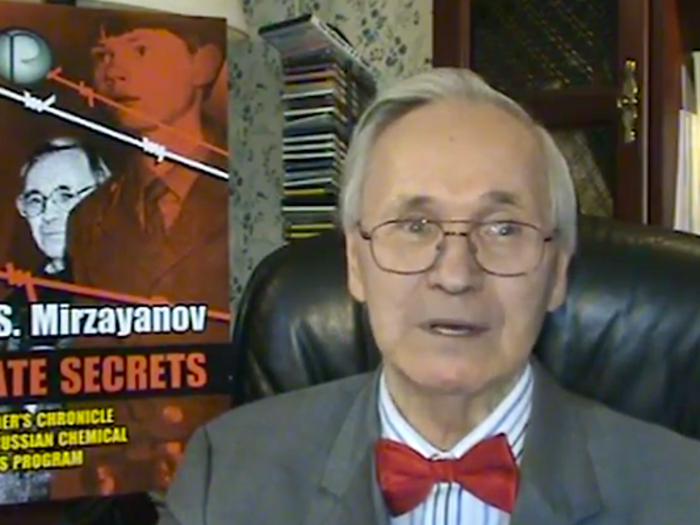
Vil Mirzayanov, a scientist who helped the Soviet Union develop Novichok during the Cold War, has said that anyone — including Britain — could have created its own version of Novichok because he published the chemical formula in his book.
Mirzayanov told Voice of America on Thursday: "The British could easily have synthesized it on the basis of the formulas that I published in my book. [...]
"Each country takes care of its own security, and as part of the study of possible threats, a model could have been created."
Russia's embassy in London also tweeted a link to Mirzayanov's interview.
Pro-Russian outlets, such as the state-backed RT TV network, quickly used Mirzayanov's statement to suggest that other state and non-state actors could have been behind the poisoning.
Popular Right Now
Popular Keywords
Advertisement